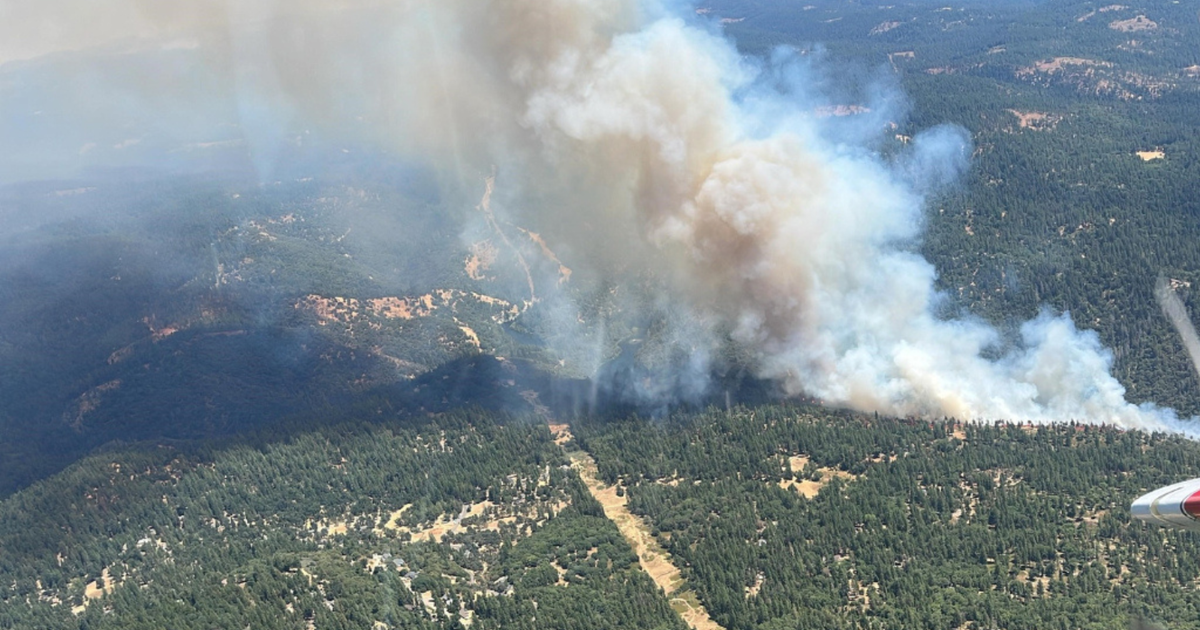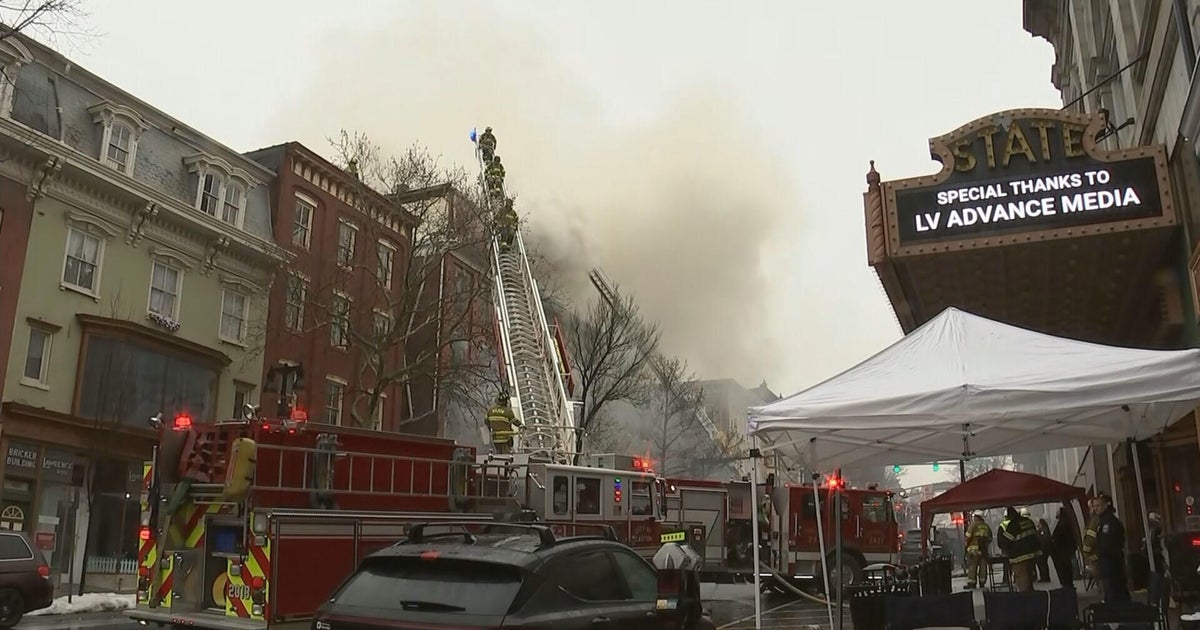Health concerns over poor air quality from California wildfires
Large areas of Northern and Southern California remain cloaked in smoke from massive wildfires, prompting health warnings about the risks of poor air quality. The devastating Camp Fire continues burning in Butte County, north of Sacramento, while the Woolsey Fire has destroyed hundreds of homes and businesses in the Malibu area.
The San Francisco Department of Emergency Services has advised residents to reduce outdoor exposure by closing windows and doors as Bay Area air quality continues to deteriorate because of the smoke. "The current air quality in San Francisco is RED/UNHEALTHY, but may fluctuate due to high winds affecting smoke from the fire," the agency warns on its website.
People with heart or lung disease, as well as older adults, children and teens, are advised to remain indoors and limit physical exertion. Those in good health are also encouraged to limit outdoor activities and should choose less strenuous activities, like walking instead of running, to prevent breathing as hard.
San Jose pulmonologist Dr. Will Tsang says people who exercise outside in smoky conditions are putting themselves at great risk for lung, heart, neurological and immune system problems. Tiny particles in the air can embed themselves deep in the body.
"I have seen those people and I really advise people to not do that! Now is not the time to pursue outdoor activities at all," Tsang told CBS SF Bay Area.
The University of California, Davis came under fire after it announced Tuesday evening that it planned resume classes Wednesday despite the air quality concerns. The school said it consulted with health and fire experts about the air quality before deciding to reopen, but some students and faculty took to social media to protest the decision.
On Wednesday, after receiving numerous complaints, the school reversed its decision and said it would remain closed. The Sacramento Bee reports local air quality was forecast to stay in the "unhealthy" range Wednesday.
Dr. Tsang says there's not a lot of data about the effects of long-term exposure to the smoky air, but a healthy adult usually recovers from short-term exposure after a few days.
He advises advises that people who must spend time outdoors, such as construction workers, wear a custom-fitted N95 mask. A generic over-the-counter mask may also be an option, though it won't offer as much protection.
"You can at least try. It's better than nothing. But please, if you work outdoors, I strongly recommend you to avoid long exposure outside," Tseng said.



